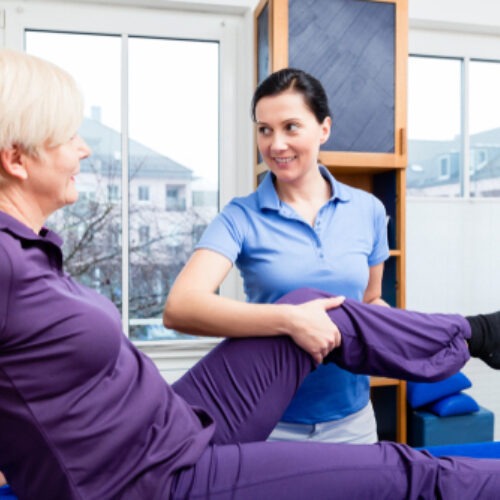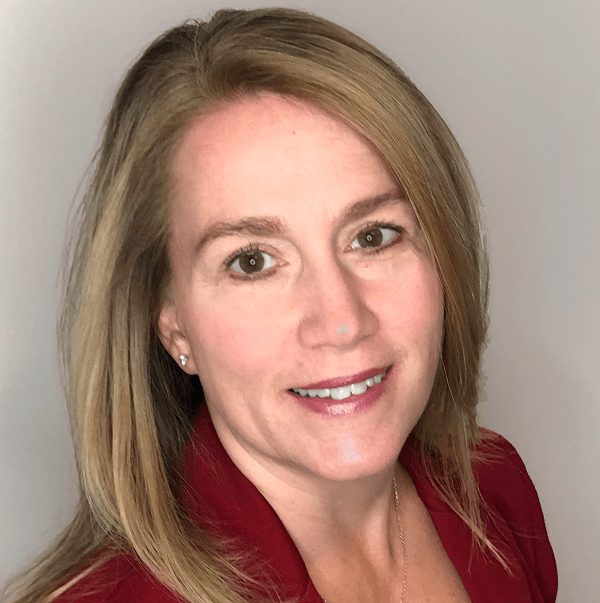
A career in traveling healthcare offers physical therapists many perks. For starters, you can gain a vast array of clinical skills by working in a variety of settings including acute care, skilled nursing facilities (SNF), school systems, outpatient and rehabilitation clinics, and in home health. Additionally, travel jobs offer excellent benefits, higher salaries, 401k and other retirement saving plans, and other perks! Travel agencies offer health/dental, life, and professional liability insurance are effective on the first day of the job. They can also help facilitate licensure in different states. Other perks include furnished housing or a housing stipend, but the best perk of all family and pets can typically come along for the trip while you explore the country!
Working in traveling healthcare is great, but you will probably have a lot of questions. Here are some frequently asked questions that might make things more clear:
Can I negotiate?
The answer is yes, and you should. I always say, “if you do not ask, you will not get!”
Negotiate for the following:
- Wages – Ultimately, you are the one who would be going on assignment. Always take the time to speak to your recruiter about wages before you take a new job.
- Travel reimbursement and car rentals
- Reimbursement for state licensure
- Reimbursement for pre-employment physicals, testing, and vaccines
Your BHS recruiter is your number one resource for all travel assignments. They are here to get you a position you are happy with, so make sure you make your preferences clear with them. It is a team effort; if you’re happy, so are they!
Which should I choose: housing or stipend?
While it may be easier to take housing, especially furnished housing, consider the stipend as it is tax-exempt and you can choose where you live. If time does not allow you to find housing, negotiate for temporary housing until you find more suitable living verses getting “stuck” in an uncomfortable living environment for the entire length of the contract.
How do I set myself apart from other candidates when all things are equal?
Self-reflect on non-clinical skills and experiences you have, for example are you good at teaching and or coaching, do you have a certification such as a CSCS? Are you comfortable at giving community lectures, or marketing to referral sources? Do you like to write or blog? If so, highlight these in your resume.

